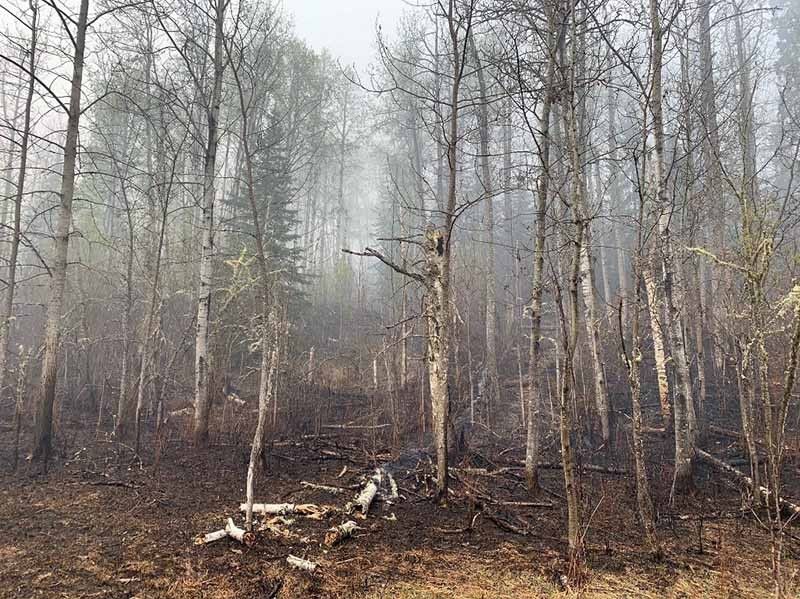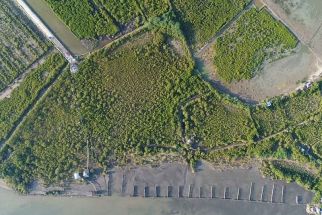Worst conditions for Canada wildfires yet to come — Alberta official

MONTREAL, Canada — With temperatures rising and little chance of rain, Canada's Alberta province was preparing Sunday for the worsening of wildfires that have raged for over a week and forced thousands to flee.
"We are continuing to see hot and dry conditions today with a low chance of rain throughout most of Alberta," said Josee St-Onge with the western province's wildfire agency.
She said that in the north on Sunday, the "fire danger is extreme" with gusty winds and temperatures soaring to the high 20s in degrees Celsius (80s in degrees Fahrenheit).
Over half a million hectares (1.2 million acres) have already burned in Alberta, where there are still 87 active fires, of which 24 are still considered uncontrolled, St-Onge said.
"Our peak burning period, which is when the temperatures are at their highest and the fuels are at their driest, is still in front of us," she said.
In addition to the hundreds of reinforcements who have arrived from across Canada to help fight the fires, including from the army, 200 people from nearby US states have joined in, according to St-Onge.
New evacuation orders have been issued over the weekend, Alberta Emergency Management chief Colin Blair said, bringing the total number of evacuees to over 19,000.
"The wildfire situation is extremely volatile," Blair said.
"For those who are in a community that's on an evacuation alert, I cannot stress strongly enough the need for residents to be prepared in case there is an urgent need to evacuate."
In recent years, western Canada has been hit repeatedly by extreme weather, the intensity and frequency of which have increased due to global warming.
Forest fires in Canada's oil sands region in 2016 disrupted production and forced out 100,000 residents from Fort McMurray, pummeling the nation's economy.
In 2021, British Columbia suffered record-high temperatures over the summer that killed more than 500 people, as well as wildfires that destroyed an entire town.
That was followed by devastating floods and mudslides.
- Latest






























